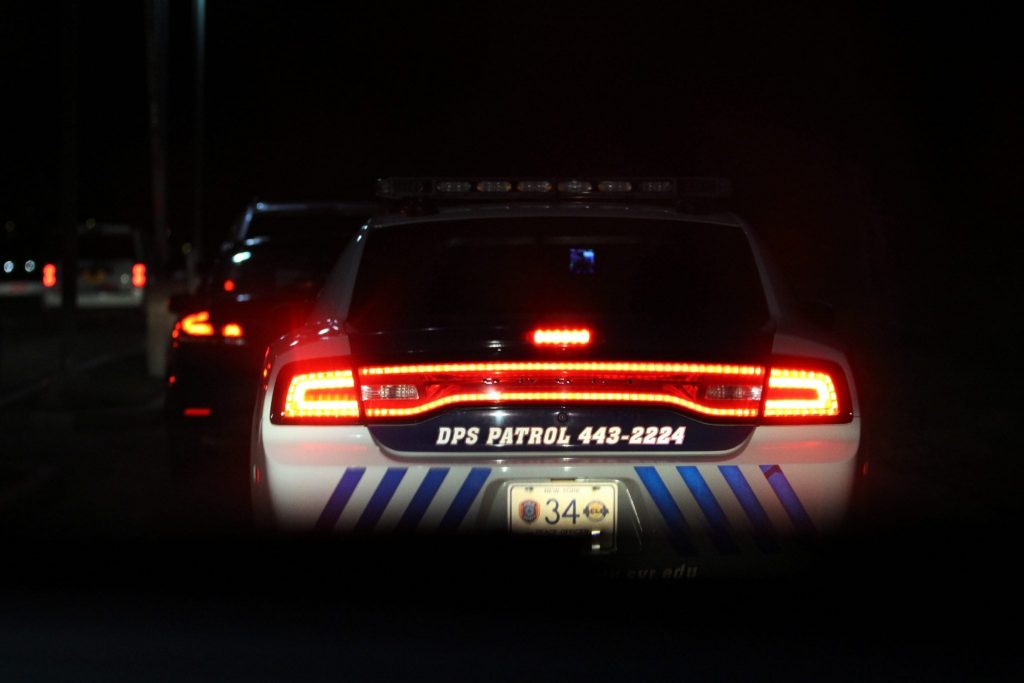In an effort to deter crime, security cameras will be installed in University Neighborhood
Security cameras to be installed in University Neighborhood

Syracuse University’s eastern off-campus neighborhood will soon have security cameras.
The $11,000 security cameras will be scattered around Euclid Avenue between Comstock Avenue and Westcott Street.
“National Grid finished putting up all the mounts like a week or two ago and the final step is this private company that is going to go install the cameras,” said Ben Tupper, a local landlord involved in the effort, adding that the cameras should be up by mid-November at the latest.
Tupper, owner of Tupper Property Management, known locally as RentFromBen, collaborated with SU and SUNY-ESF student organizations, other landlords and alumni to raise $94,000 for the security cameras.
“Statistically, wherever (security cameras) go, crime goes down. It goes down substantially. And when it still occurs, police have a tool to use to find who did the crime,” he said.
The security cameras were slotted to go up six months ago but were delayed by more financial contributions from student groups, meetings of the Common Council, and National Grid’s telephone inspections.
Student resident Miranda Ramirez hopes the cameras will be put up by Thanksgiving. She worries that the area will become an easy target for burglars with all the students gone. Last year, Syracuse Police Department (SPD) reports showed that there were six burglaries in off-campus neighborhoods during Thanksgiving break.
“The Syracuse University neighborhood is targeted because they know students are lazy and don’t lock doors. They know that students aren’t aware of their security like they should be. It’s one of the softest targets in the city,” Tupper said.
Tupper, who owns 70 rental properties in the area and is a landlord to over 500 students, said he remains optimistic the two-year-long project will finally come to an end and provide a boost in safety to his many student tenants soon.
In the SU student housing area, the rate of crime is five times higher than the national average for student university neighborhoods. Within two years, police data shows there was a total of 2,556 reported crimes in the area.
In the Syracuse University student housing area, SPD said the rate of crime is five times higher than the national average for student university neighborhoods. Within the last two years, police data shows there were a total of 2,556 reported crimes in the area.
SPD declined to comment on information about the security cameras. The Department of Public Safety on campus they are not involved in the cameras on Euclid Avenue at all. The officers say their campus jurisdiction does not cover off-campus neighborhoods.
SU student and University Neighborhood resident Bri Stahrr said she feels unsafe in her own home. Last month, her bike was stolen and she intercepted someone trying to break into her home. After this incident, Stahrr said she walks home before the sun sets because she is scared to walk alone in the dark.
“I wake up at like 1 a.m., 2 a.m., 3 a.m. and I automatically think that somebody’s in my house. I make myself believe that there’s somebody standing outside my door, when somebody really isn’t. I kid you not, the fear is absolutely paralyzing and I lay in my bed motionless because I can’t move because I’m so scared,” she said.
Alex Lynch, the initial creator of the security camera project, conducted a student survey in 2015. He found that 82 percent of students felt unsafe walking off campus at night. 87 percent of students feel safe on campus, where they know 1,100 security cameras are watching them. A recent report from The Daily Orange revealed that SU has become one of the most monitored universities since they started using cameras in 2009.
Now, off-campus housing is following suit. Tupper and Lynch both said they hope the cameras will help crime drop by at least 30 percent, but student residents were not as optimistic.
“I think it’ll help police officers find the people who commit the crimes, but I don’t think it’ll prevent the crimes. I think the crimes will still happen, but police officers will be able to catch them later,” Stahrr said.





